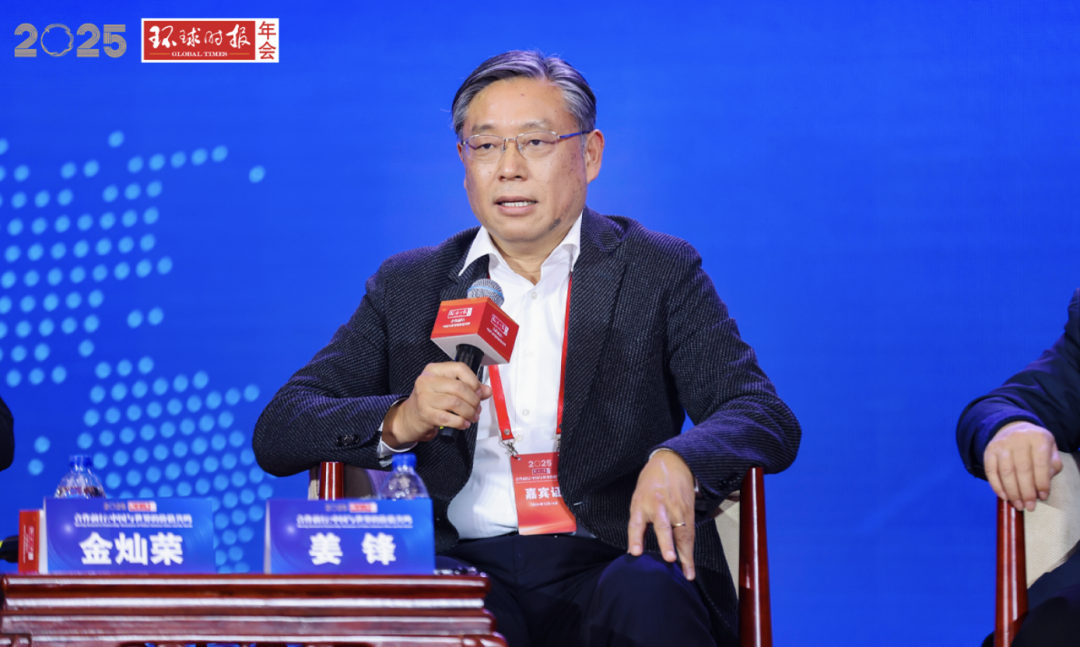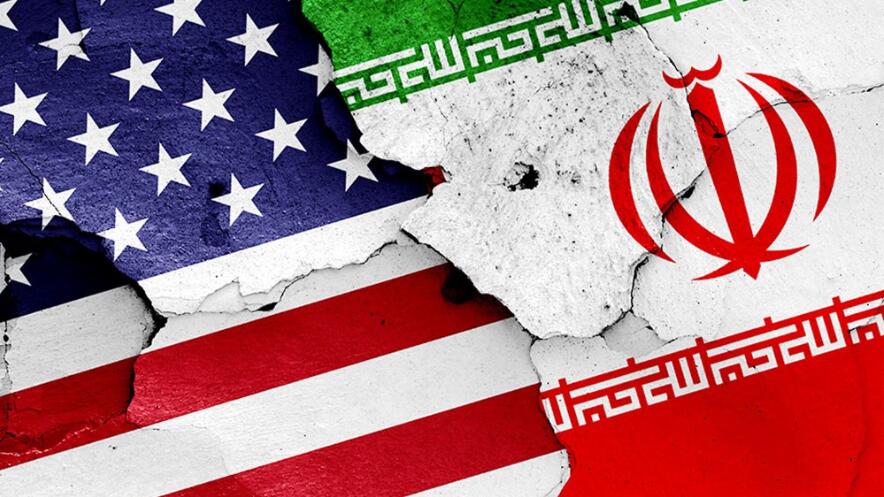
Over the past two years, COVID-19 has continued to spread throughout the world, thus weakening and even clearing up what Robert Axelrod elaborated “the effect of long-range interactions” embedded into globalization since the 1990s, which makes trust and cooperation among different countries strengthened.
One once believed that the post-Cold War world would change dramatically, with dialogue replacing confrontation, cooperation superseding competition, and peace substituting conflict. The mighty and unstoppable globalization has enhanced human confidence in sustainable collaboration.
However, the COVID-19 has proved indisputably that the Cold War mentality has never disappeared since the end of the Cold War. Instead, it has been continuously strengthened and returned in the form of "regime competition" and "institutional confrontation."
As a result, multiple crises rarely seen in history have been witnessed. Development, governance, and trust deficits between nations, ethnic groups, and people grow globally. The international disorder is more prominent than before. These changes are fully reflected in the debates related to the Beijing Winter Olympics.
Western politicians continued to make political statements to “stigmatize” and “boycott” the Beijing Winter Olympics by showing their attitude of so-called “political-correctness” towards China's “violation of human rights and freedoms,” although they know it will be ineffective. The shift toward “performative utterances” in the West was made possible by a simultaneous change toward a standardized new type of “China threat” imagination represented in the disbelief in liberal capitalism and panic over China’s anti-epidemic model depending upon a different culture and institutional system.
But these politicians have forgotten that the goal of Olympism is separation of sport and politics, and then prevention of the world from a new Cold War with confrontation and zero-sum games. Eventually, holding an Olympic game is to “place sport at the service of the harmonious development of humankind” and to promote “a peaceful society concerned with the preservation of human dignity.”
On the one hand, COVID-19 pandemic is a test of the mobilization possibilities, emergency management, and governance capabilities for almost all countries around the world. On the other hand, it is also a test for global politicians of the courage, wisdom, and vision to enhance trust and promote cooperation disturbed over the past two years.
Coincidently, in July last year, the International Olympic Committee (IOC) officially put forward the new Olympic motto of “faster, higher, stronger, and together.” For this change, Thomas Bach, the IOC President, explained that human can only go faster, aim higher, and become stronger by standing together. From this point, a world in divergence needs a more “united” Olympic Games. Consequently, despite “politicalized noise” from the West, China is still committed to make Beijing Winter Olympics a grand global event that shows the resilience of human beings in the long-lasting global crisis of public health.
As more than 3,000 athletes from 92 countries and regions participate in various competitions in Beijing, it is not surprisingly for us to see the captivating power of incoming Beijing Winter Olympics to unite nations, societies, communities, ethnic groups, and population across the world.
All in all, we still hope those Western politicians who ignore the facts and misread China finally understand that humanity needs more solidarity in a disorderly world amid COVID-19. For all countries in the world, especially those great powers, it is timely to rebuild the “long chain of interactions” conducive to cooperation and then jointly address the common challenges of mankind. Let's start by cheering for Beijing Winter Olympics!











